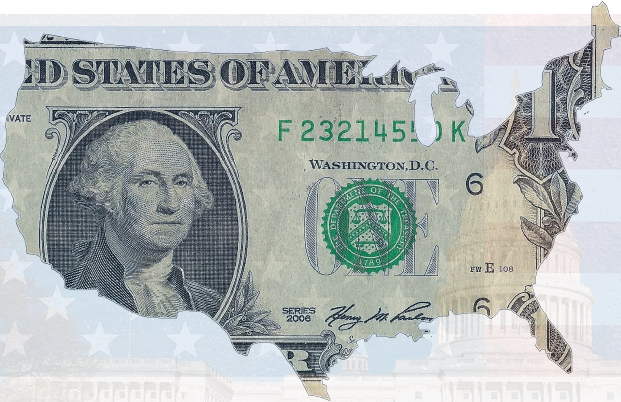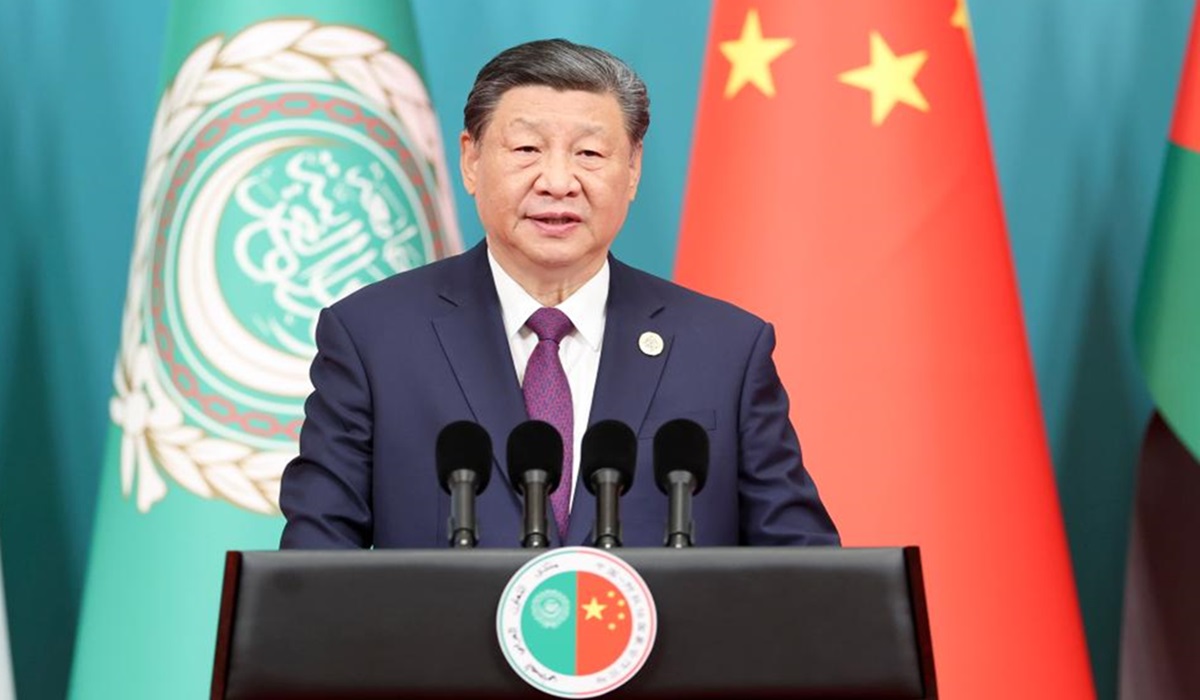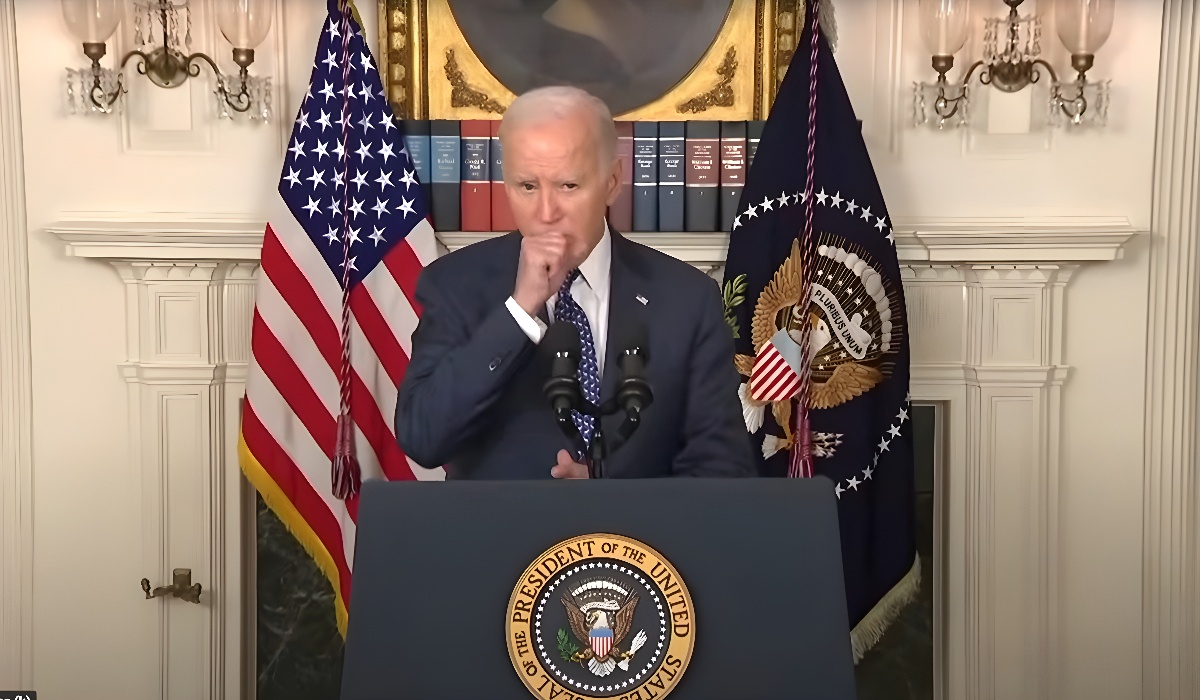Money has always held significant sway over political decisions and policy-making processes. In America, the power of money is particularly evident through the presence of influential lobbying groups and their close ties to big corporations. These lobbying groups, which include some of the largest industries, such as sugar, the National Rifle Association (NRA), and petroleum, have long played a role in shaping policies in their favour.
The Influence of Big Lobbying Groups:
Sugar Industry: The sugar industry has a powerful lobbying presence in America, using its financial resources to influence policies related to trade, subsidies, and agricultural regulations. This lobbying effort often protects the industry’s interests, which can lead to policies that may not be in the best interest of public health or fair competition.
National Rifle Association (NRA): The NRA has long been one of the most influential lobbying groups in America, advocating for the protection of gun rights. Its substantial financial resources and political influence have shaped the discourse around gun control, often making it challenging to pass significant firearm regulations.
Petroleum Industry: The petroleum industry, represented by various lobbying groups, significantly impacts energy and environmental policies. Their efforts often focus on protecting the industry’s interests, influencing regulations on fossil fuel usage, and opposing measures aimed at combating climate change.
Pharmaceutical Industry: The pharmaceutical industry’s lobbying groups considerably influence healthcare policies and drug regulations. Their financial contributions to political campaigns and lobbying efforts shape legislation related to drug pricing, patents, and approval processes.
Financial Services Industry: Wall Street and the financial services sector have robust lobbying groups that play a crucial role in shaping regulations and policies affecting the industry. These groups advocate for favourable financial regulations and tax policies, often leading to debates about fairness and economic inequality.
Efforts to fight against these powerful lobbying groups often prove futile due to the close relationship between corporations, government entities, and politicians. The same politicians who receive campaign contributions from these lobbying groups oversee regulatory decisions and allocate government funds. This symbiotic relationship creates a cycle where politicians are incentivized to cater to the interests of these groups to ensure their re-election, undermining the democratic ideals of fair representation.
While the influence of lobbying groups raises concerns about the fairness and transparency of the political process, they continue to exist because they provide a platform for corporations and industries to voice their concerns and shape policies. Lobbying groups argue that they serve as a means for stakeholders to communicate their needs and perspectives to lawmakers, helping to prevent overly burdensome regulations and fostering economic growth.
Lobbying has been a part of American politics for centuries, evolving alongside the country’s governance systems. Before the establishment of lobbying laws, direct and indirect influence was exerted through personal connections, gifts, and favours. The lobbying industry as we know it today emerged in the late 19th and early 20th centuries, with the growth of large corporations and increased government intervention.
The future impact of lobbying groups is uncertain. Efforts to reform lobbying regulations have been proposed in the past, but these groups’ influence and financial power often lead to limited progress. However, there is growing recognition of the need for increased transparency and ethical practices in lobbying.
While challenging the influence of these groups may seem futile, efforts to promote transparency and ethical lobbying practices, combined with the grassroots mobilization of NGOs and citizens, can potentially bring about a more balanced and representative political landscape. It is crucial to strike a delicate balance between corporate interests and the greater good of society to ensure the democratic ideals upon which America was founded.









